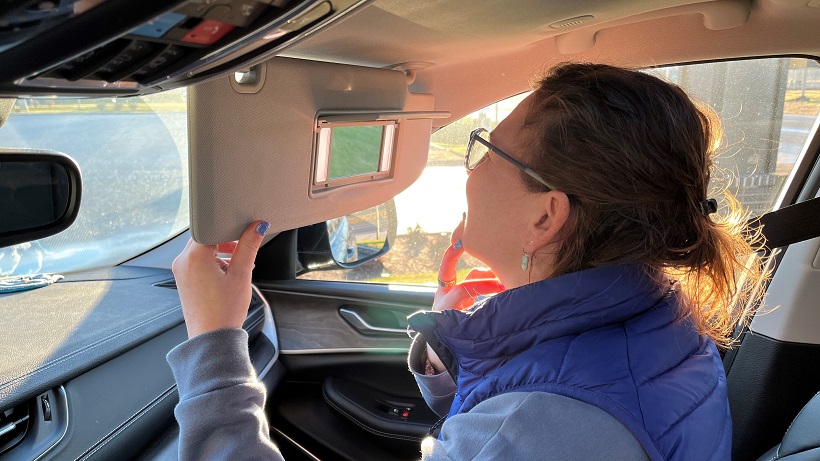It has been said that the test of true character is how you behave when no one is around or watching you. I’m not talking about picking your nose in the car or looking around before adjusting your underwear. Do you pick up lost items in the street and try to find their owner? If you see a piece of trash on the beach, do you throw it away? Throughout the Torah we see examples of individuals making choices, believing no one will see them. The second book of the Torah begins with one such story.

This week’s parshah serves as the turning point between the leadership of Abraham, Isaac, and Jacob to that of Moshe. Shemot leads us quickly through the change in leadership in Egypt as a new Pharaoh, who isn’t so keen on the Israelites, decrees that all males born should be put to death. Thankfully the midwives ignore this decree, and Moshe is kept alive. As an adopted Egyptian, Moshe joins the palace, but later learns he’s an Israelite. He flees out of fear for his life, marries a Midianite woman, and starts his own family.
As Moshe is enlightened to the injustice around him, he has a decision to make. Does he act? Does he risk his position? When Moshe sees an Egyptian beating a Hebrew slave, he “sees no one is around” and then chooses to act. Why does he look over his shoulder? Could it be because he knows he’s about to do something that would forever change the way he’s seen by Egyptians? Is it because he thinks he can get away with it? Or, perhaps because he’s hoping someone else will step up, and he only acts when he knows he’s the only one who could step in?
One of my favorite teachings in Pirkei Avot is from Hillel: “In a place where there are no people, strive to be a person.” I like to believe that Moshe stood up because if he didn’t, no one else would. It’s important to know that each of us has a voice, even if there’s not a chorus of other voices joining in.



